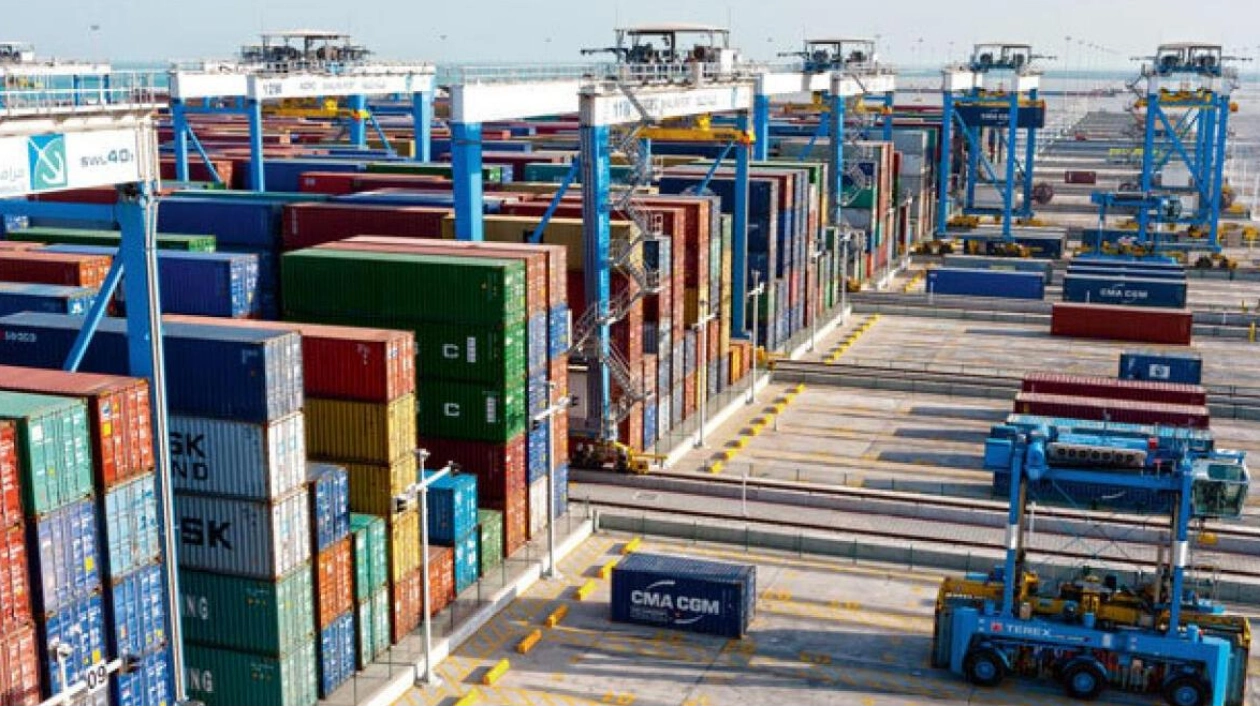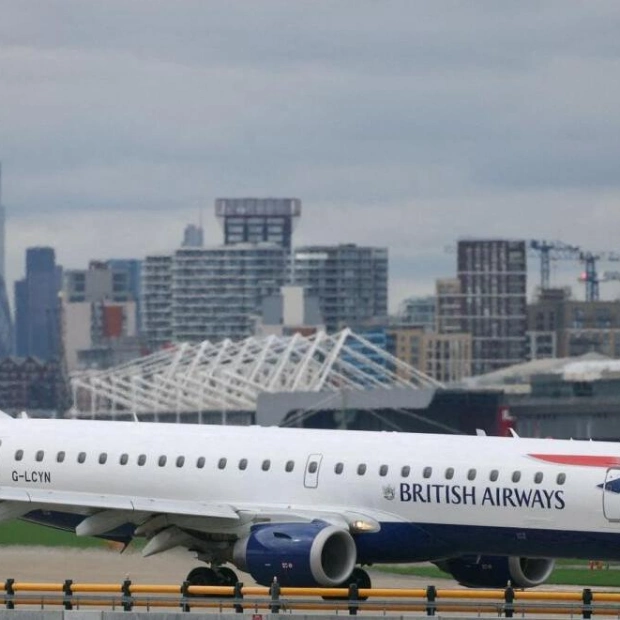In recent years, the logistics sector has seen a significant shift in customer experience. Transitioning from conventional supply chain management to incorporating advanced technologies, the industry has adapted to the escalating needs of modern consumers. The e-commerce market in the UAE is set to experience substantial growth, reaching an estimated $17 billion by 2025. Companies with high levels of customer experience maturity often see significant financial gains, reducing costs by up to 25% compared to less mature counterparts. This savings is due to lower customer acquisition and retention costs, increased use of self-service options, and higher first-contact resolution rates for customer issues.
Real-time visibility and tracking have become pivotal in enhancing customer experience in logistics. Customers no longer need to wait anxiously for their deliveries; instead, they receive real-time updates on their shipments' location and status thanks to technologies like GPS, RFID, and IoT sensors. These advancements promote transparency and trust between service providers and customers.
Predictive analytics have transformed logistics planning and execution. By using historical data, machine learning, and AI, companies can predict demand patterns, optimize routes, and streamline operations, leading to improved efficiency and customer satisfaction. Automation in warehouse operations also boosts customer experience by speeding up order processing, reducing errors, and enabling real-time tracking, which results in faster deliveries and better inventory management.
The integration of AI in customer service, particularly through chatbots, has revolutionized communication in logistics. These AI tools provide instant, personalized customer interactions, handling queries and updates efficiently, thereby enhancing customer satisfaction and freeing up human resources for more complex tasks.
Technological advancements have also allowed logistics providers to offer personalized services. Machine learning algorithms analyze customer data to tailor recommendations and services, allowing customers to customize their logistics experience according to their preferences. This level of customization enhances customer loyalty and satisfaction.
The integration of technology in logistics has fundamentally changed customer interactions, leading to a more efficient, transparent, and customer-centric supply chain. As technology continues to evolve, the logistics industry is expected to introduce further innovations, enhancing the customer experience even more.






